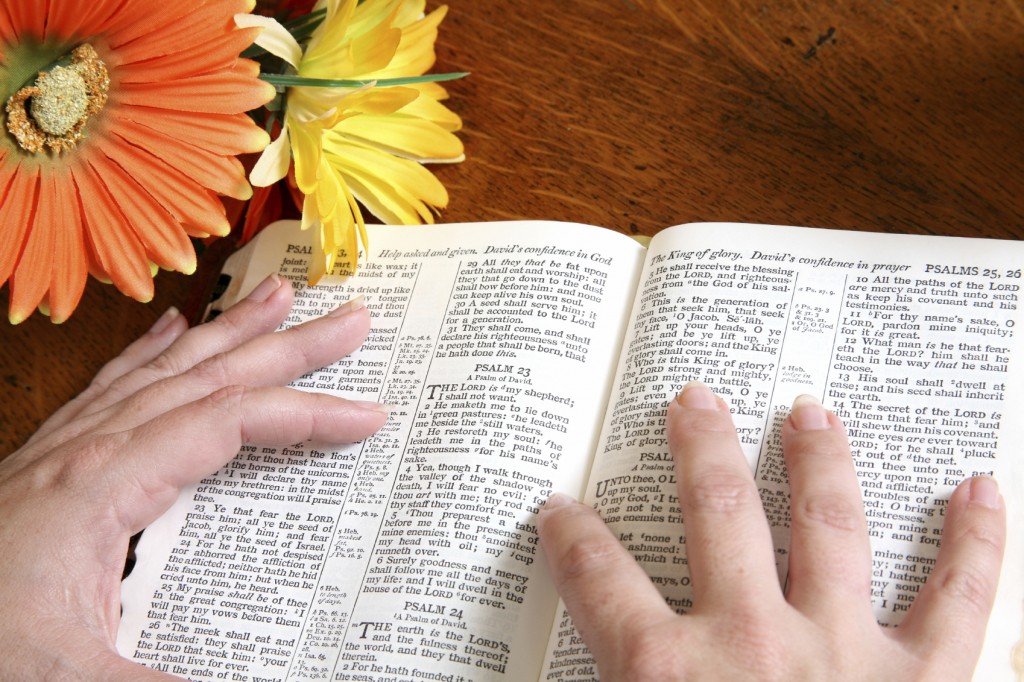 When one passes by the Barrington Street in Halifax, he is sure to notice the St. Mary Basilica. It is a magnificent edifice, reminiscent of the fervor of its founders in 1820. It’s fame in Nova Scotia is such that Pope John Paul II visited it in the sixth year of its pontificate. But above all, what strikes the visitor is the inscription written above its three main doors: “One Lord, One Faith, One Baptism”.
When one passes by the Barrington Street in Halifax, he is sure to notice the St. Mary Basilica. It is a magnificent edifice, reminiscent of the fervor of its founders in 1820. It’s fame in Nova Scotia is such that Pope John Paul II visited it in the sixth year of its pontificate. But above all, what strikes the visitor is the inscription written above its three main doors: “One Lord, One Faith, One Baptism”.
It is a quote from the epistle to the Ephesians, where the apostle Paul sends a vibrant message. His remarks bear the strength of simplicity. They constitute a program that is easy to remember, and emphasize what matters most: the unity of the Church of God. And this idea challenges us today.
In fact, the Christian message is increasingly complex, and creates some kind of confusion among the hundreds of views found in Christendom. According to many contemporary religious pundits, to talk seriously about religion, one has to study theology for at least four years. Yet, the final result would not be guaranteed. For instance, the interpretation of fundamental Bible texts will depend on the school of thoughts, or the affiliation of the training institution.
Nonetheless, God has always wanted to simplify His relationship with human beings. They are the ones who created all kinds of useless burdens. They are the ones who talked about the financial requirements, the administrative votes, the sacraments, the encyclicals, the deadly sins, and so on. Jesus saw things in a different way. His thought remains unchanged. Woe to you! For laying aside the commandment of God, you hold the tradition of men (Mark 7:8).
For too long Christians did not realize that by multiplying the rules, they weakened the revolutionary message of Jesus.
I am deeply convinced that one of the aspects of our identity that Isaiah talks about means exactly that. “The Repairer of the Breach” is certainly the one who proclaims the gospel in its simplicity and its incredible strength to transform humanity by the power of God’s grace.”
Therefore, I accept the idea of, “one Lord,” but I reject all other intercessors ‘under heaven’. I accept ‘one faith’, but I refuse to add a line voted by human assemblies. I accept ‘one baptism’, as a sign of entry into the kingdom of God and the church, but I cannot imagine that one of my actions could qualify me for eternity. I understand that by abiding in Jesus, I become a child of God. And it is this concept of unity that I am looking for; not the one that comes from human negotiations, but the one that springs from our attachment to Jesus.
This is how I would like to call everyone to live in unity by the strength that God gives us through the action of His Son. Let’s turn to Him.
He has the solutions to all our challenges. Let’s seek His balm. He is the One who will heal us. “The cause of division and discord in families and in the church is separation from Christ. To come near to Christ is to come near to one another. The secret of true unity in the church and in the family is not diplomacy, not management, not a superhuman effort to overcome difficulties—though there will be much of this to do—but union with Christ. (Mind, Character, and Personality, p. 501).
The time in which we live is more than serious. The foundations of the Western economy are shaking. Global warming threatens our survival. Extremism is gaining ground and secularism alienates people. The only hope is God. Let us keep life simple by following His teachings.
May our spiritual life be strong because it is anchored in Jesus-Christ. May we live in unity with God and human beings. May every day of our life give us an opportunity to invite everyone to turn their eyes toward the One who is the author and finisher of our faith. We have this privilege. May we be worthy of our vocation.
May 2nd, 2012 on 12:31 pm
this post shows the information which is close to essential. hope next you will again post a nice article.